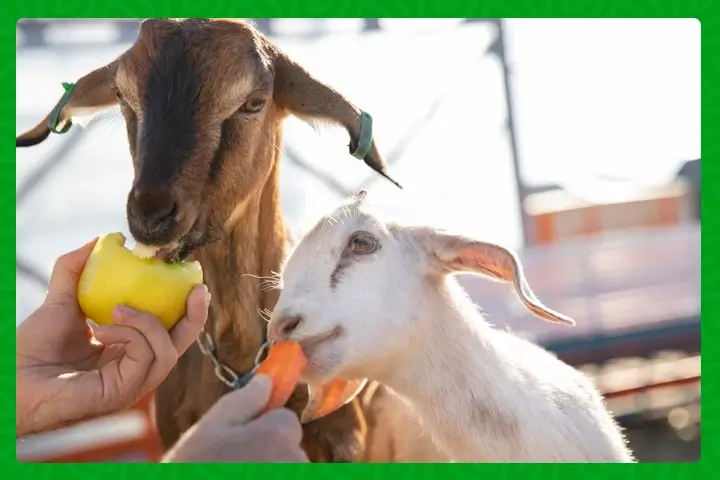
Written by Anil M V, 24 years experience, {Bsc. Agric, MBA, CTP}Founder, * Organil Services
Organic farming is often celebrated for its commitment to sustainability, environmental stewardship, and the production of wholesome, chemical-free food. However, another critical aspect of organic agriculture that deserves attention is its relationship with animal welfare. As consumers increasingly prioritize ethical and sustainable practices in food production, the intersection of organic farming and animal welfare has become a focal point for discussion and debate. This article explores the complex dynamics between animal welfare and organic farming, highlighting both challenges and opportunities for achieving a harmonious balance
Animal husbandry welfare refers to the various practices and standards that ensure the health, safety, and well-being of domesticated animals raised for agricultural purposes. It encompasses aspects such as proper housing, nutrition, disease prevention and treatment, humane handling, and responsible care throughout an animal’s life.

Why Integrate Animal Welfare?
Animal welfare is not just an ethical obligation; it’s also an economic one. Healthy and well-cared-for animals are more productive, have better reproductive rates, and are less prone to diseases. This reduces the need for antibiotics and other medications, lowering the costs for farmers and minimizing the risk of antibiotic resistance.
At the heart of the organic farming movement lies a deep-rooted respect for nature and all its inhabitants. Organic standards emphasize the humane treatment of animals, including access to outdoor spaces, freedom of movement, and the prohibition of routine antibiotic use and confinement practices. These principles align closely with the values of animal welfare advocates, who argue for the ethical treatment of farm animals throughout their lives.
While the principles of organic farming and animal welfare are inherently aligned, implementing them in practice can present significant challenges. One of the primary issues is the tension between maximizing production efficiency and ensuring the well-being of animals. In conventional farming systems, animals are often confined to small spaces or raised in intensive production systems to optimize output. Transitioning to organic practices may require farmers to adopt more extensive and labor-intensive management systems, which can impact profitability and operational efficiency.

Another challenge arises from the need to balance the diverse requirements of organic certification with the welfare needs of different animal species. For example, while organic standards mandate access to outdoor areas for livestock, the specific requirements for outdoor access may vary depending on factors such as climate, terrain, and species characteristics. Ensuring that animals have adequate shelter, protection from predators, and access to appropriate forage can be particularly challenging in certain environments.
In addition, organic farmers must contend with external factors such as pest and disease pressure, which can affect both crop yields and animal health. While organic farming prohibits the use of synthetic pesticides and antibiotics, finding effective alternative strategies for pest control and disease management without compromising animal welfare can be a complex endeavor.

Despite these challenges, the intersection of animal welfare and organic farming also presents opportunities for innovation and collaboration. Many organic farmers are pioneering creative solutions to enhance animal welfare while maintaining ecological integrity and economic viability. These may include rotational grazing systems that mimic natural grazing patterns, agroforestry practices that provide shade and shelter for livestock, and the integration of cover crops and diverse plantings to support biodiversity and soil health.
Moreover, consumer demand for ethically produced food continues to grow, creating market incentives for farmers to prioritize animal welfare in their operations. Certifications such as Animal Welfare Approved (AWA) and Certified Humane provide additional assurance to consumers that animals are raised in accordance with rigorous welfare standards, complementing organic certification.

The relationship between animal welfare and organic farming is multifaceted and dynamic, reflecting the broader complexities of sustainable agriculture. While challenges persist in balancing the diverse needs of animals, farmers, and ecosystems, there are also significant opportunities for innovation and collaboration. By embracing holistic approaches to farming that prioritize the well-being of animals alongside environmental stewardship and economic viability, we can move towards a more sustainable and ethical food system that benefits both people and the planet.
Stay updated with the latest farming tips and agriculture industry news from Africa by subscribing to our newsletter. Don’t miss out on valuable insights and updates. Follow us on Twitter, LinkedIn, and Facebook to join our farming community and stay connected with us.



















